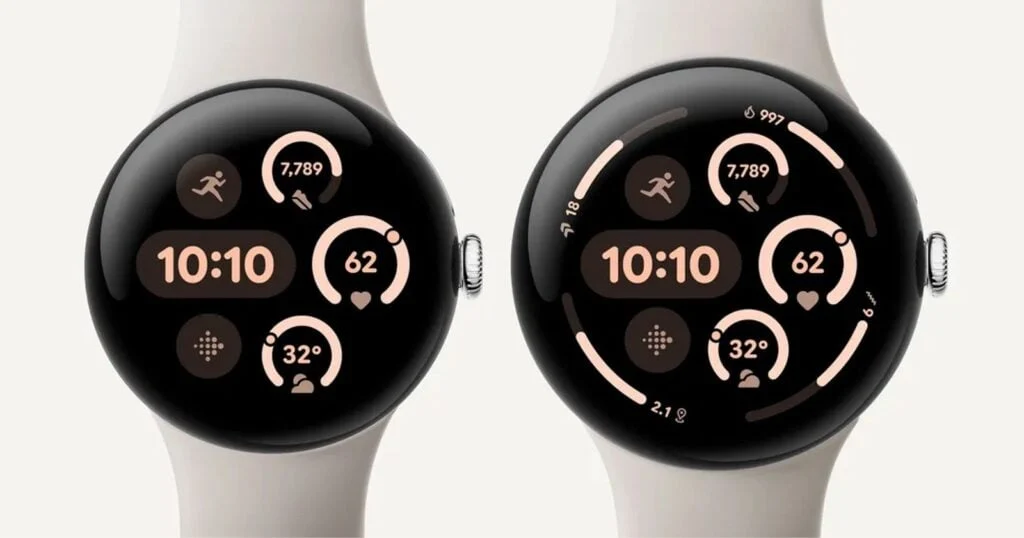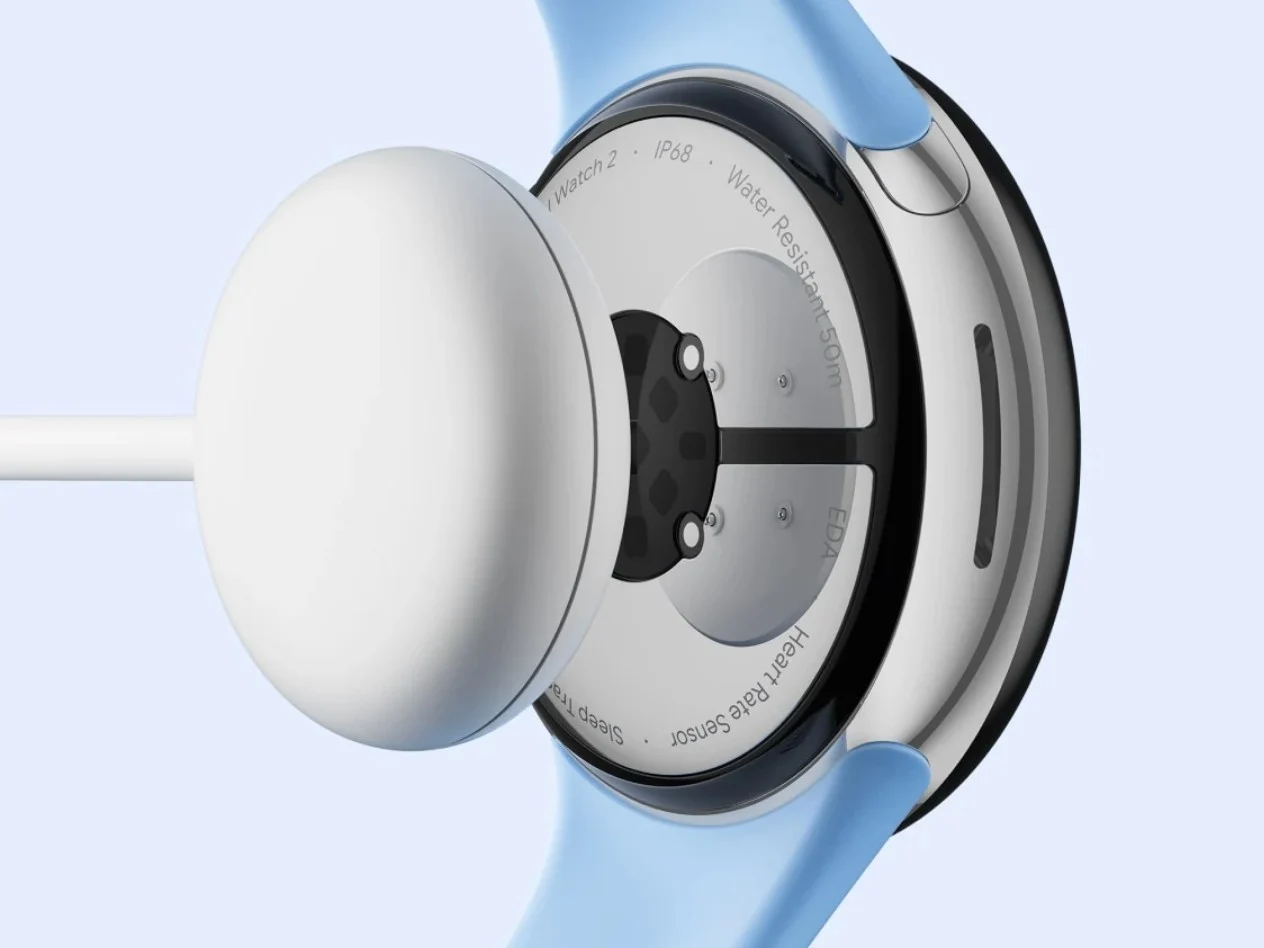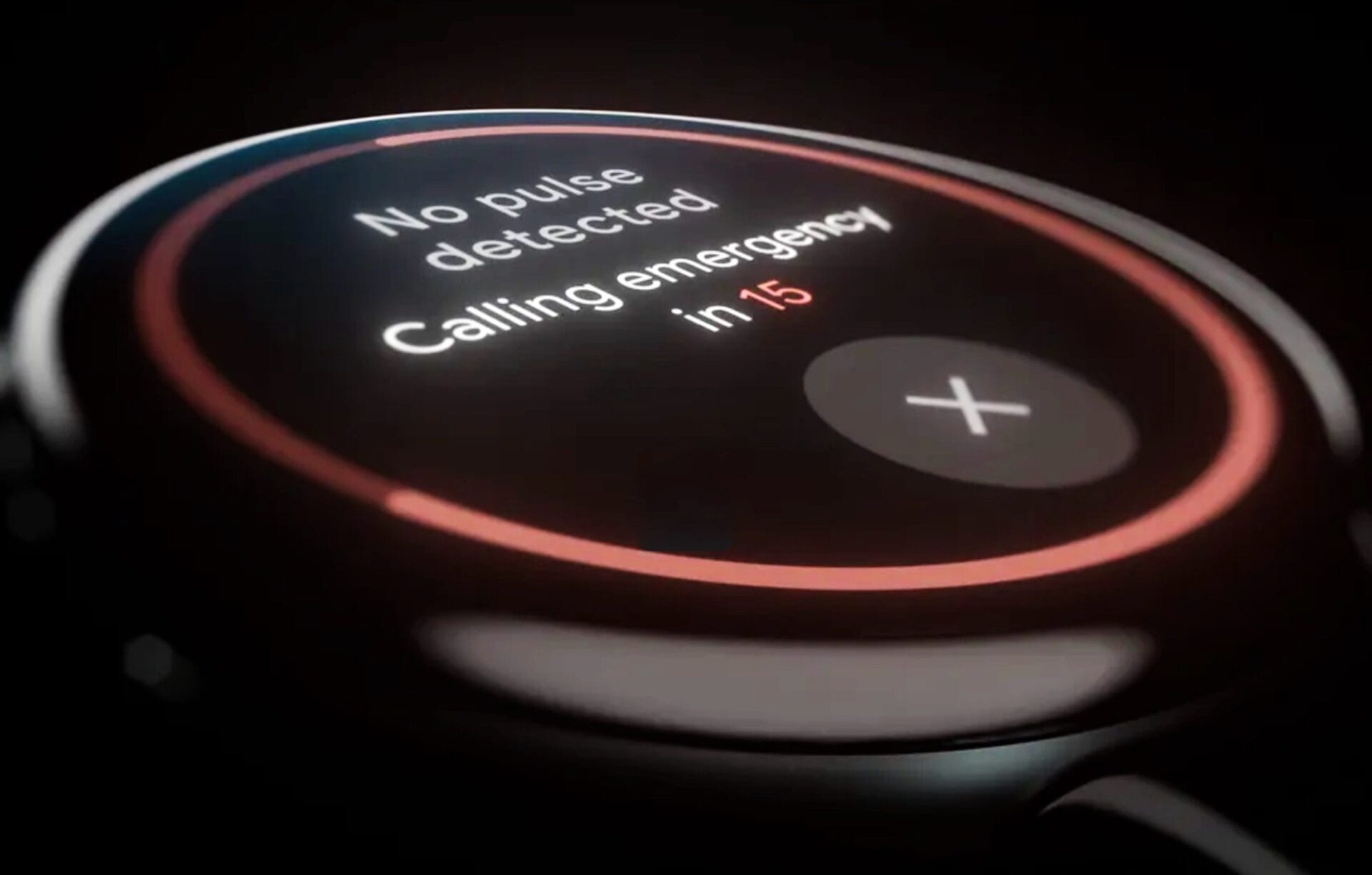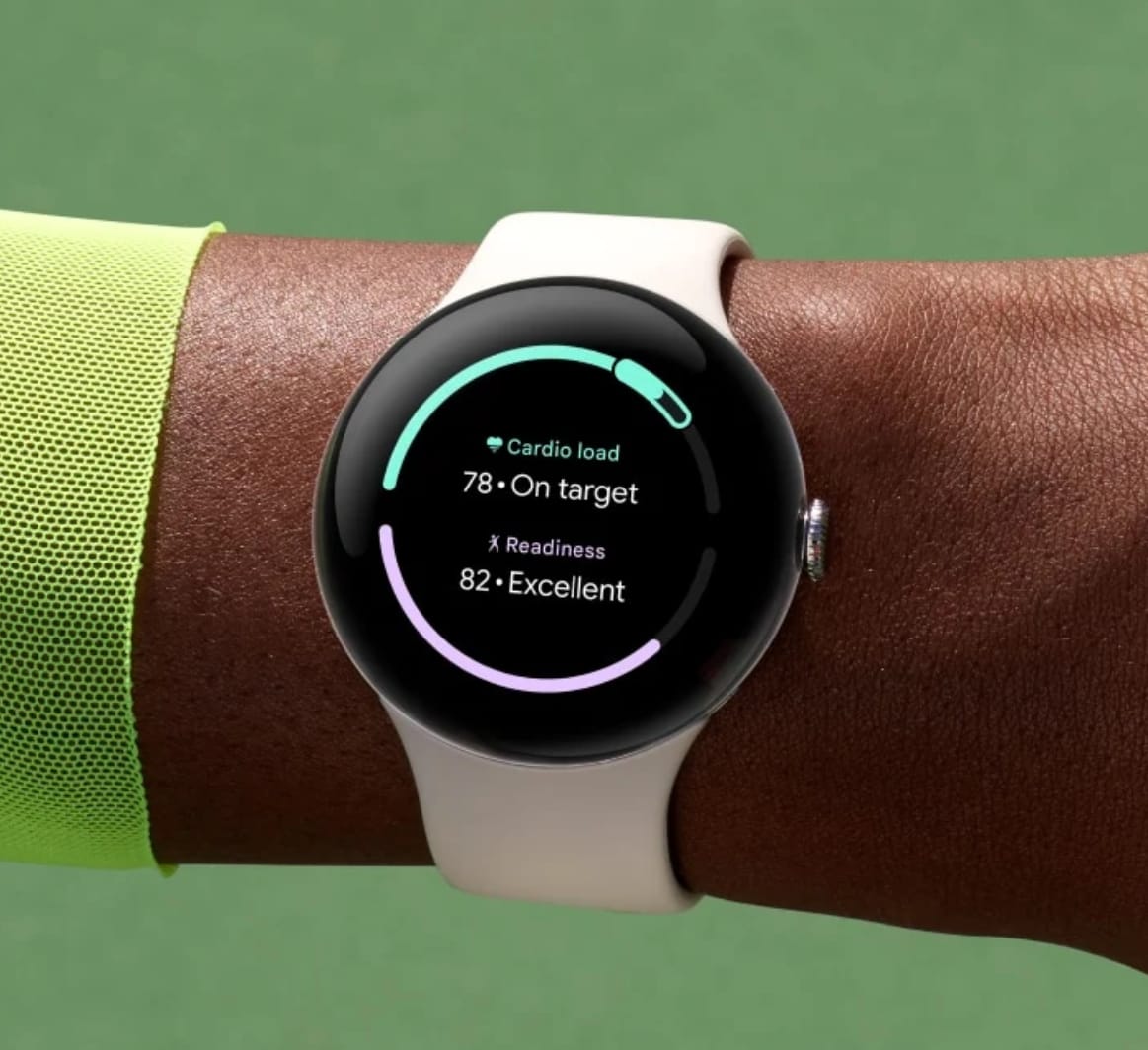Google’s Pixel phones come with a clever feature called Adaptive Charging, which is meant to extend battery life. This smart system observes how you charge your phone and delays it from hitting 100% until just before you usually unplug it. Recently, there are talks that this useful functionality could also be added to the Pixel Watch series.
Pixel Watch Might Receive Improved Battery Management
Research by Android Authority discovered hints of this possible upgrade during a breakdown of the Pixel Watch Management Service app. In the latest version 2024.10.14.685782837, new lines of code suggested that Adaptive Charging might be on the way. While specifics on how it will work remain unclear, it’s presumed to be similar to the phone version, enhancing charging cycles to reduce battery wear and tear.
Good News for Pixel Watch Users
This news is particularly exciting for those who own the Pixel Watch. Its current battery performance is okay, but it can still be an issue, especially for users who often keep their watches charging overnight. With Adaptive Charging, the life of the Pixel Watch’s battery could be greatly improved, allowing users to have a longer-lasting and more dependable device.
It’s important to mention that Pixel Watches already have a battery-saving feature called Battery Defender. This function activates after four days of constant charging, limiting the battery capacity to 80%. While this is beneficial, Adaptive Charging presents a more sophisticated method, skillfully adjusting the charging schedule based on how the user behaves.
An Uncertain Future for Adaptive Charging
While there’s no clear timeline for when Adaptive Charging will come to the Pixel Watch, this development is a positive sign for improving user satisfaction. As more information becomes available, we will keep you informed about this thrilling advancement.
On another note, Google is said to be releasing the Pixel 9a sooner than anticipated, with pre-orders kicking off on March 19 and sales starting on March 26. This new phone is expected to have a 6.285-inch OLED display, a Tensor G4 chip, storage options of up to 256GB, and a 5,100mAh battery with 23W charging. It may also feature a 48MP primary camera, a 13MP ultra-wide lens, and a 13MP selfie camera. The price is rumored to begin at $499 for the 128GB variant.
Source:
Link




